With several GOP lawmakers getting roasted at town halls this past week, there’s already a lot of speculation about how Elon Musk’s Project Chainsaw — er, Department of Government Efficiency — could be the beginning of the end for the GOP’s congressional majorities.
There’s obvious parallels to the beginnings of the 2010 Republican romp or, eight years later, the public uproar that preceded the “blue wave” that swept the GOP from power in the House.
But I’ve spoken to a bunch of smart folks in both parties who say the DOGE-fueled protests we saw this week aren’t directly comparable.
At least not yet — and I think they’re right.
Another Republican priority is making them far more nervous. Consider what was at the center of both the 2010 and 2018 House landslides — the creation and attempted repeal, respectively, of the Affordable Care Act, the biggest overhaul of American health care in a generation.
Now consider what Republicans will begin voting on in the House this week: a vast domestic policy agenda that includes huge cuts to Medicaid, a cornerstone of the nation's health care safety net, to the tune of more than $800 billion over the coming decade.
That’s what the GOP should really be worried about. It’s no mistake that President Donald Trump has himself expressed reservations about Medicaid cuts, and it’s causing severe anxiety for the party’s vulnerable lawmakers as Speaker Mike Johnson moves forward with a budget written to placate his most conservative members.
Two of those vulnerable GOP lawmakers I spoke to over the weekend were ready to brush off the anti-Musk backlash.
“I’m all in on DOGE,” Rep. Tony Gonzales (R-Texas) told me Sunday night, arguing that cutting the federal workforce is “wildly popular” with Republicans in his swingy district and “weirdly a non-factor” for everyone else except hardcore Democrats. Another vulnerable member from a drastically different kind of district in another part of the country, who was granted anonymity to speak candidly, dismissed last week’s protests as “pearl-clutching” by the media and Democrats.
For both, however, Medicaid is a different story.
“That’s where the battle’s coming,” said Gonzales. “There’s no doubt that there’s waste, fraud and abuse in every program in the government, including Medicaid — but at what point do you stop cutting into the fat and start cutting into the bone? You can’t pull the rug out from millions of people.”
Gonzales, who has a large constituency enrolled in the program, already co-authored a letter with seven other House Republicans representing large Hispanic populations asking Johnson to rethink where the GOP is headed on Medicaid. And he said he plans to personally confront the speaker about the issue at a scheduled meeting tonight.
The recent history of grassroots political movements is instructive here: Major political reckonings are often triggered by Americans who are fearful of losing what they once had.
In 2010, it was conservatives and moderates who worried that Democrats were trying to radically remake the health care system, jeopardizing their own private coverage and increasing the government’s role in health care. Then it was the millions of low- and middle-income Americans who pushed back on GOP attempts to claw back those new federal subsidies and undo the ACA’s very popular protections for people with pre-existing conditions.
This time, the GOP’s bet seems to be that the public equates Medicaid with welfare — a program that largely benefits the poor and undeserving. The most popular plan for trimming it down, in fact, involves imposing work requirements on “able-bodied adults.”
What they are papering over is just how much the program has been transformed over the past decade: The ACA greatly expanded its enrollment in most states beyond the truly indigent, and many seniors rely on it for nursing and other high-intensity care. The program also includes a program for safety-net hospitals that, if touched, could blow a hole in private health care systems’ budgets.
Trump, notably, seems to have an intuitive sense of the distinction here. He has shown no sign yet of flinching on DOGE — in fact, he argued this weekend Musk should be “MORE AGGRESSIVE” in slashing away. And yet on Medicaid, he has said many times, publicly and privately, that he’s not interested in making cuts.
Still, his party is forging ahead: Johnson wants his members to vote as soon as tomorrow on a fiscal blueprint that orders at least $880 billion worth of cuts from the House Energy and Commerce Committee — reductions that the panel will largely find only in Medicaid. Without those cuts, not only does Johnson lose the right wing, the math doesn’t work for the rest of the GOP agenda, including a planned permanent extension of Trump’s 2017 tax cuts.
This week’s vote could be the beginning of a real fight to keep his tiny majority.
“A win for the evening could cost him the majority a year later,” one plugged-in Democrat told me. “It’s the first step of them eventually voting on these Medicaid cuts.”
It’s not just the swing-district Republicans who are sweating. Steve Bannon, the godfather of the MAGA movement himself, argued Thursday on the War Room podcast that Medicaid cuts would hurt working-class members of Trump’s own coalition. He added: “Just can’t take a meat ax to it, although I would love to.”
Even Trump allies who roll their eyes at Bannon agree with his assessment. One longtime Trump confidant told me yesterday that tons of seniors who backed Trump rely on Medicaid, not just Medicare. Those are the types of voters who show up at town halls and inundate offices with phone calls if their benefits are threatened.
“It’s not just working people or the inner-city kids” from blue areas, the person said, predicting that the president won’t allow the cuts to go through: “This is something that is non-negotiable to [Trump].”
Meanwhile, Democrats are salivating at the prospect of another GOP misstep on health care. Under pressure from their base to put up a fight, they’ve privately worried that protesting the DOGE cuts isn’t necessarily great political messaging. There are no such worries about health care.
They’re already pumping millions of dollars into Medicaid-related ads around the country.
Last month, Protect Our Care — a Democratic group formed to defend the ACA during that last Republican trifecta — launched a $10 million campaign titled “Hands Off Medicaid.” This month, they’ve bought ads on Fox News targeting select Hill Republicans, while House Majority PAC, Democrats’ top outside group aimed at winning the House, has been circulating the numbers of Medicaid recipients in GOP districts.
Republicans might be convinced that the anti-DOGE protests won’t amount to much — even the reddest of congressional districts has Democrats who will show up at a town hall and make a scene, after all. And what we’ve seen so far falls short of what I saw covering the backlash to the GOP’s 2017 ACA repeal attempts, which spurred vicious eruptions from across the political spectrum.
But those who are watching what is now developing on the ground — and what Republicans on Capitol Hill are now considering — have a message about what’s coming: You ain’t seen nothing yet.
.png)
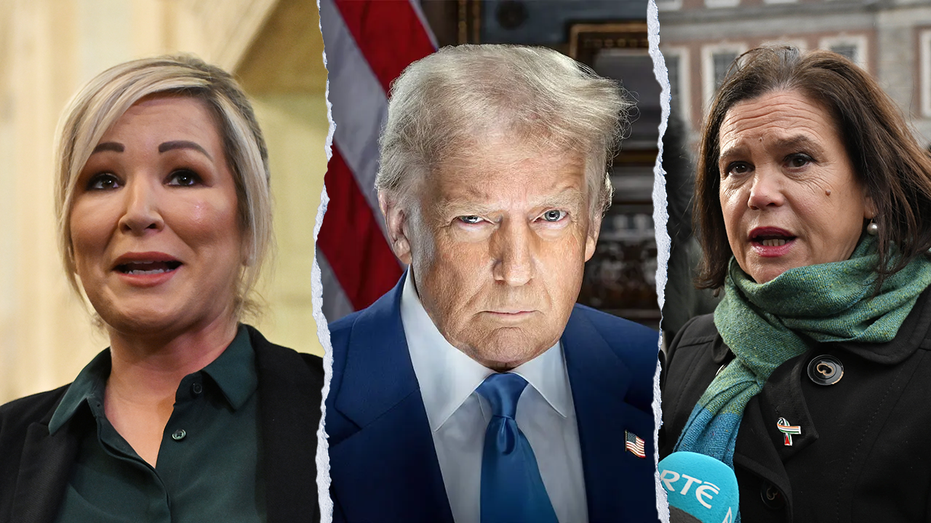





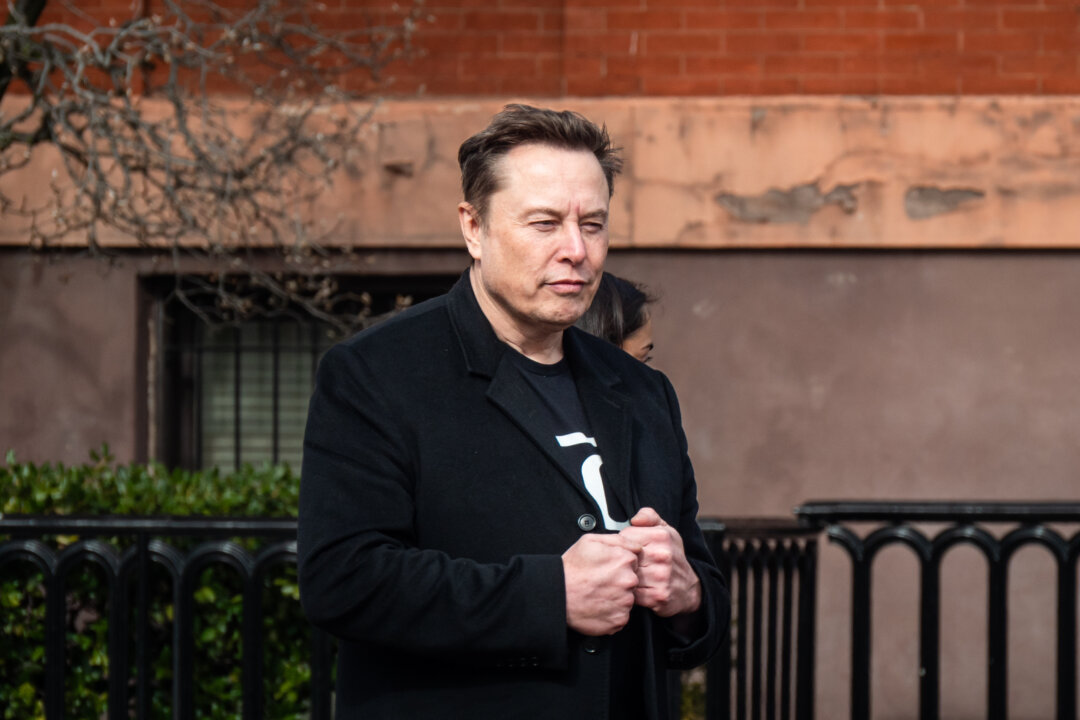

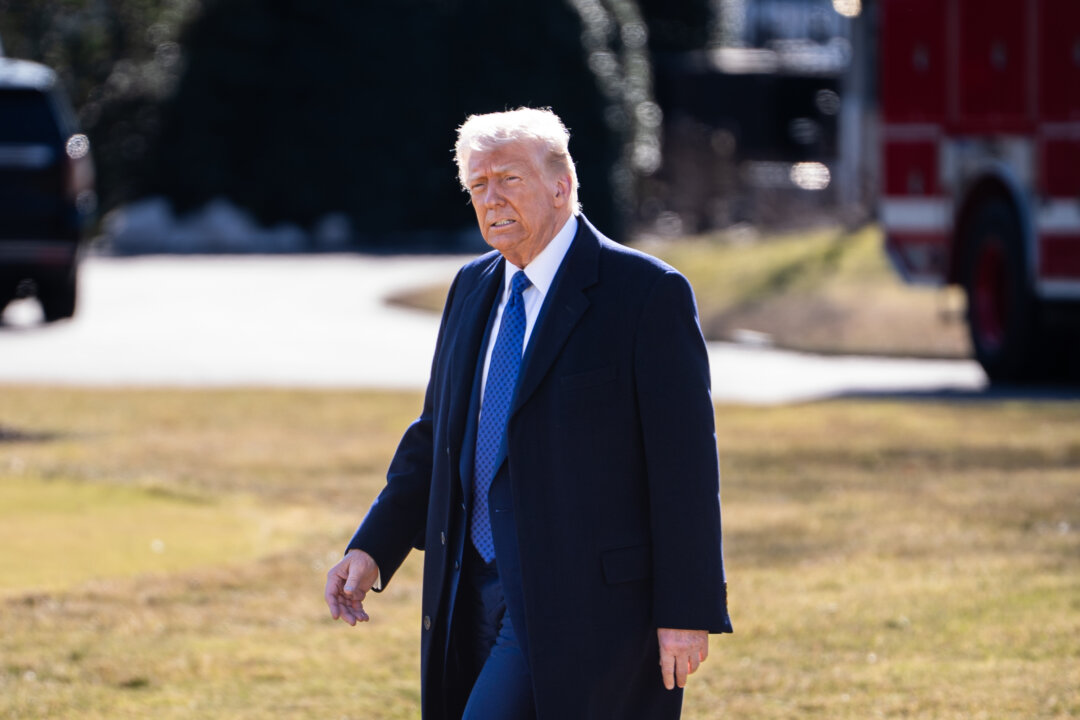
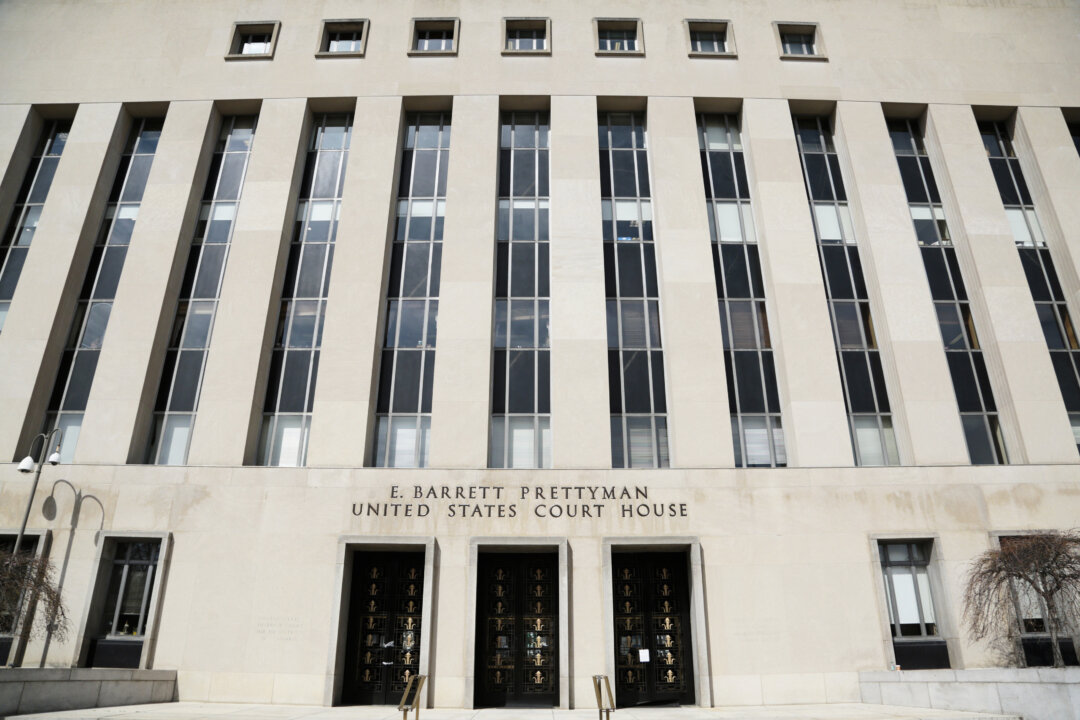


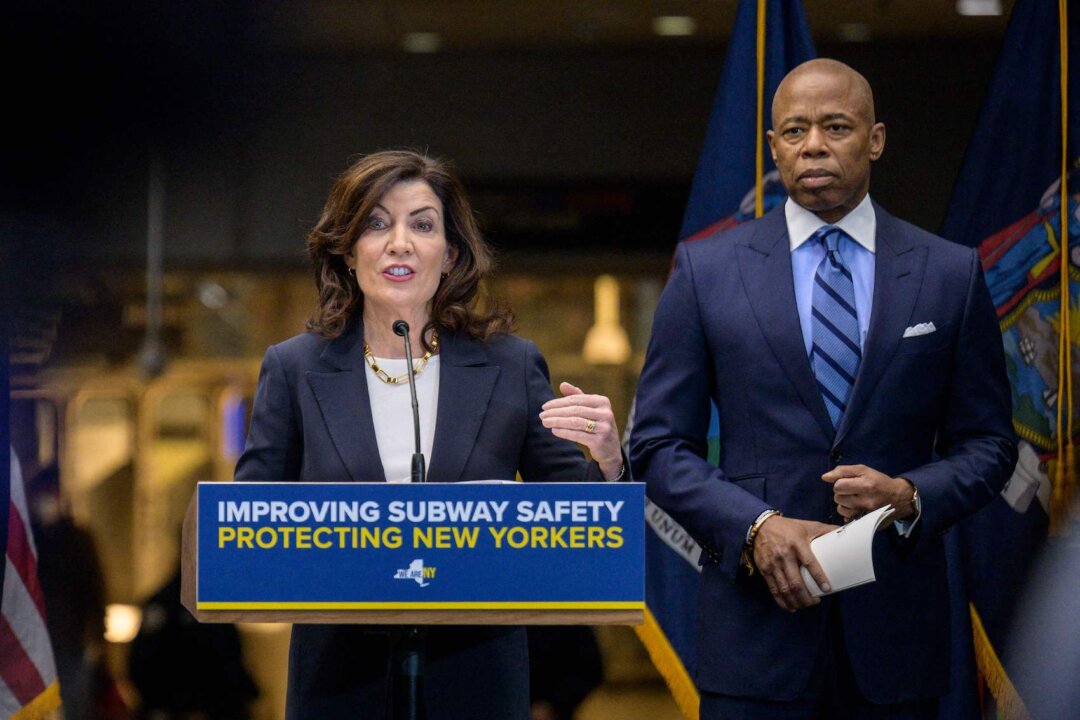

 English (US)
English (US)